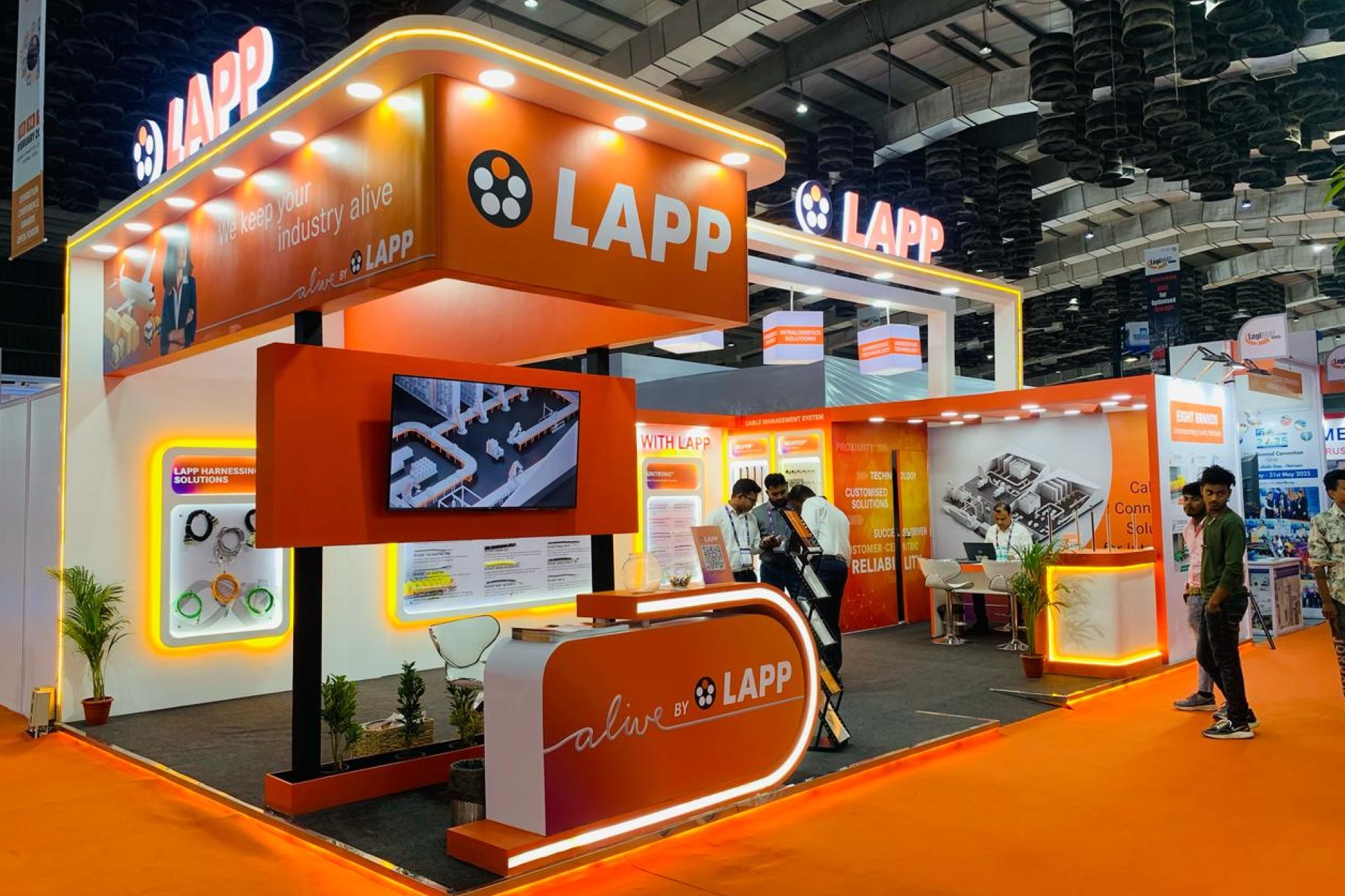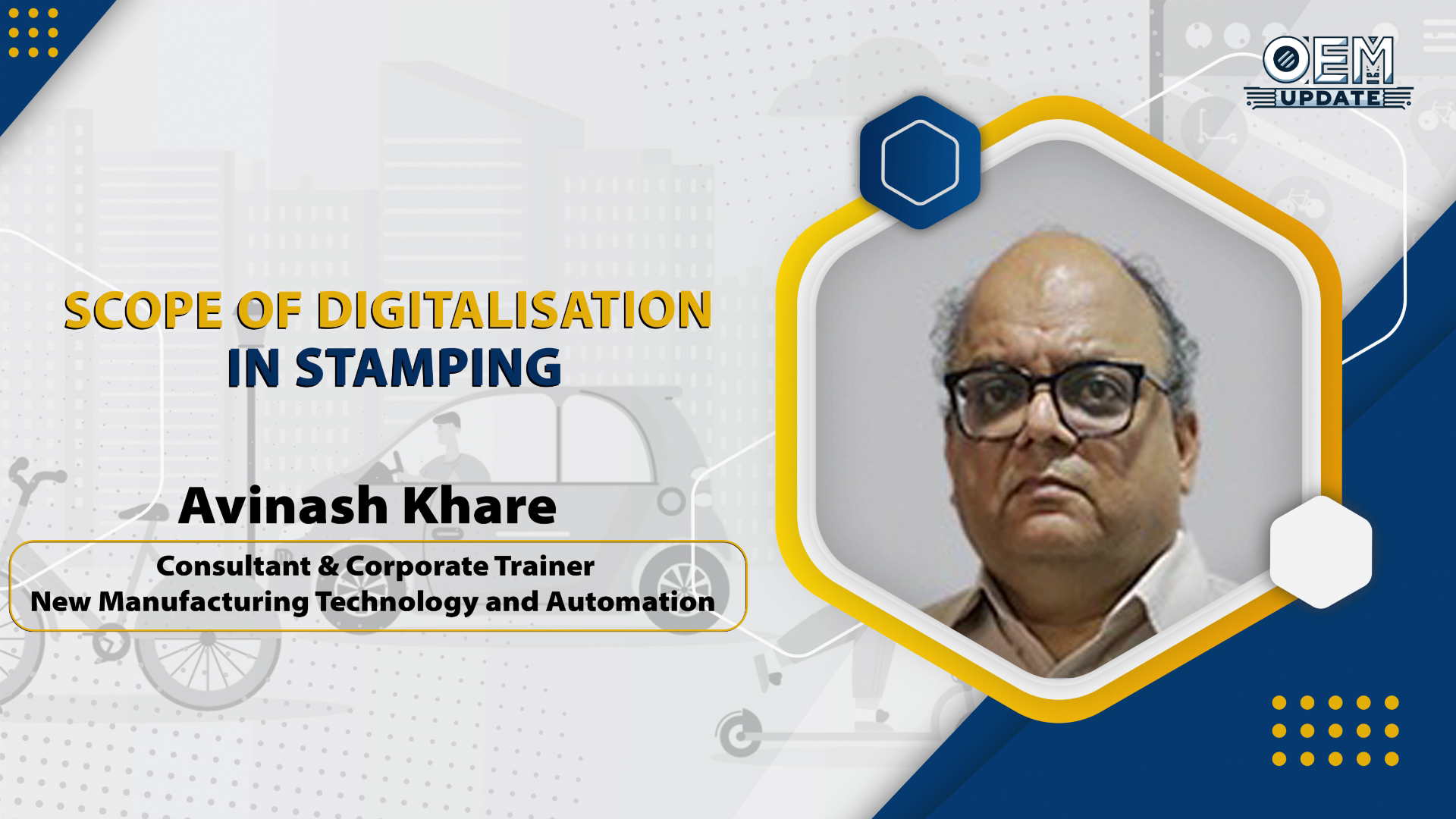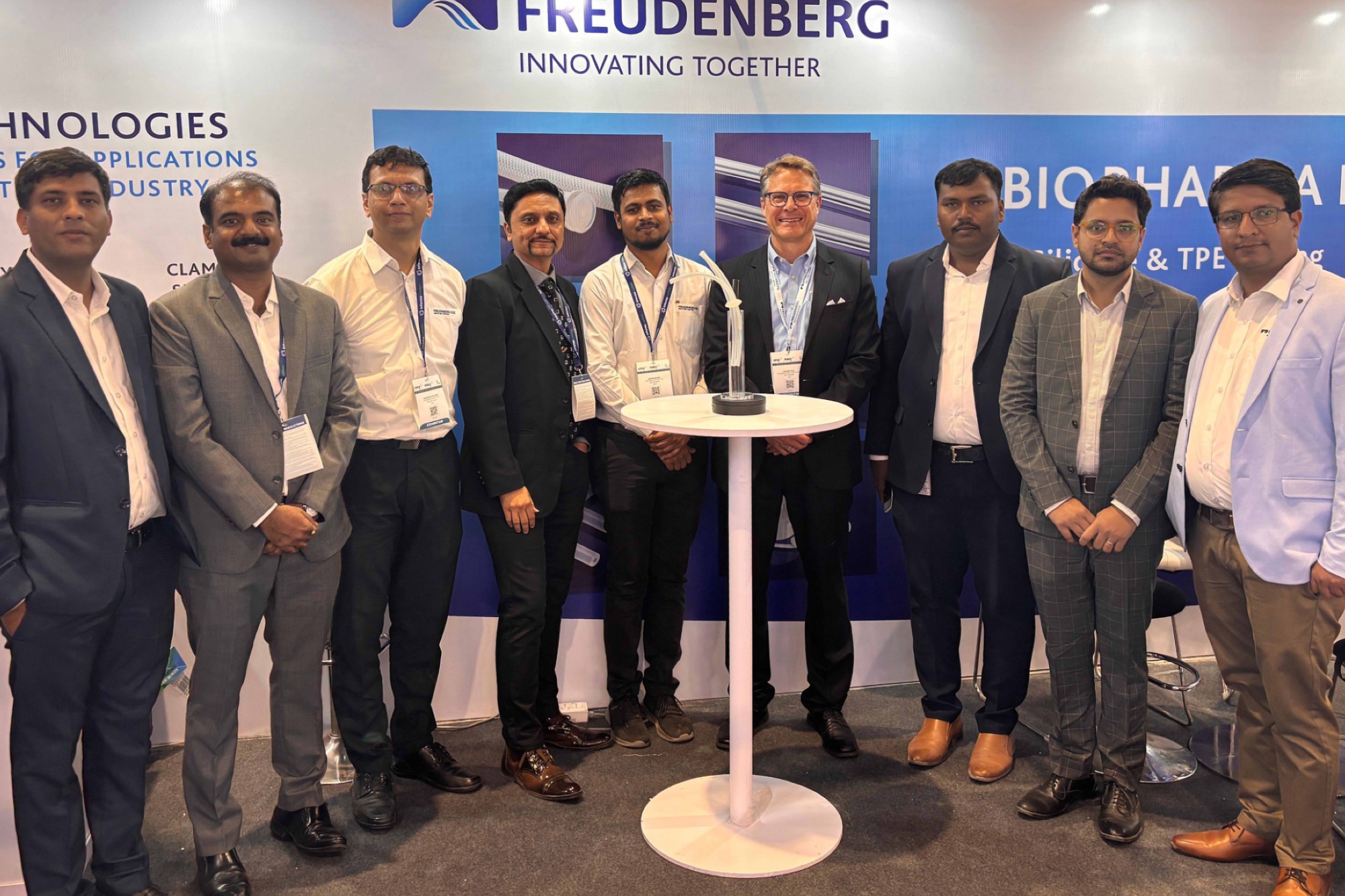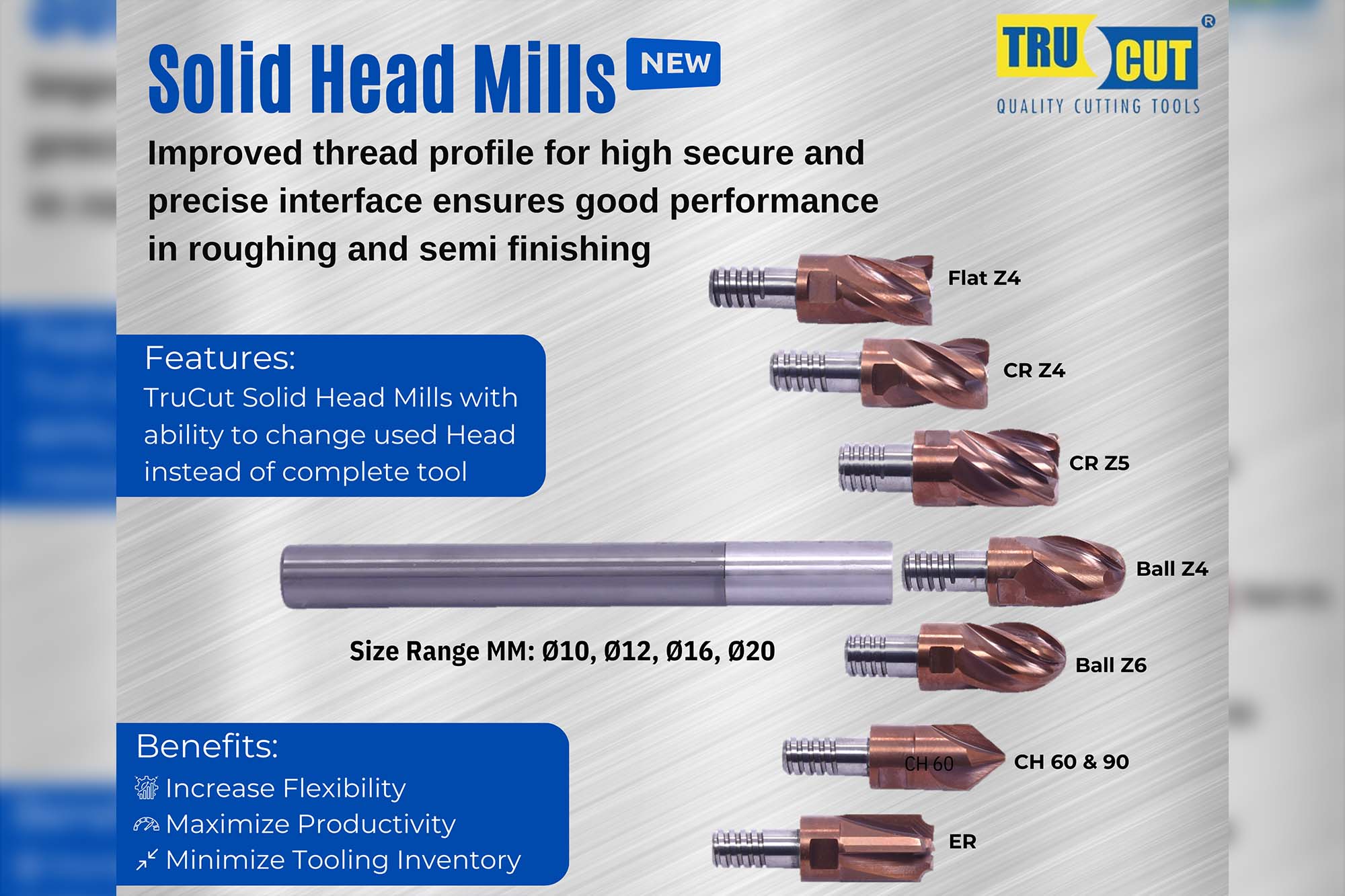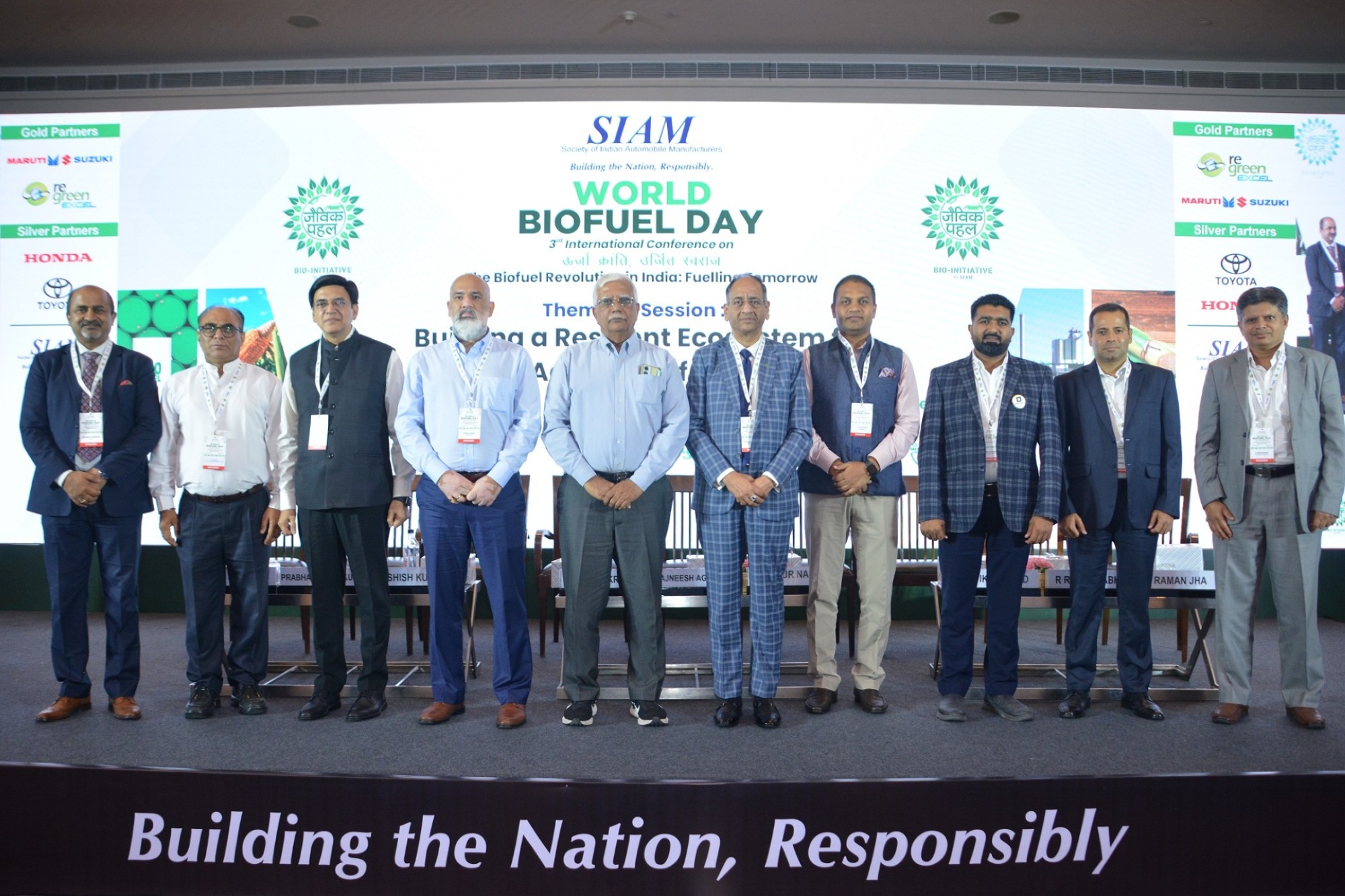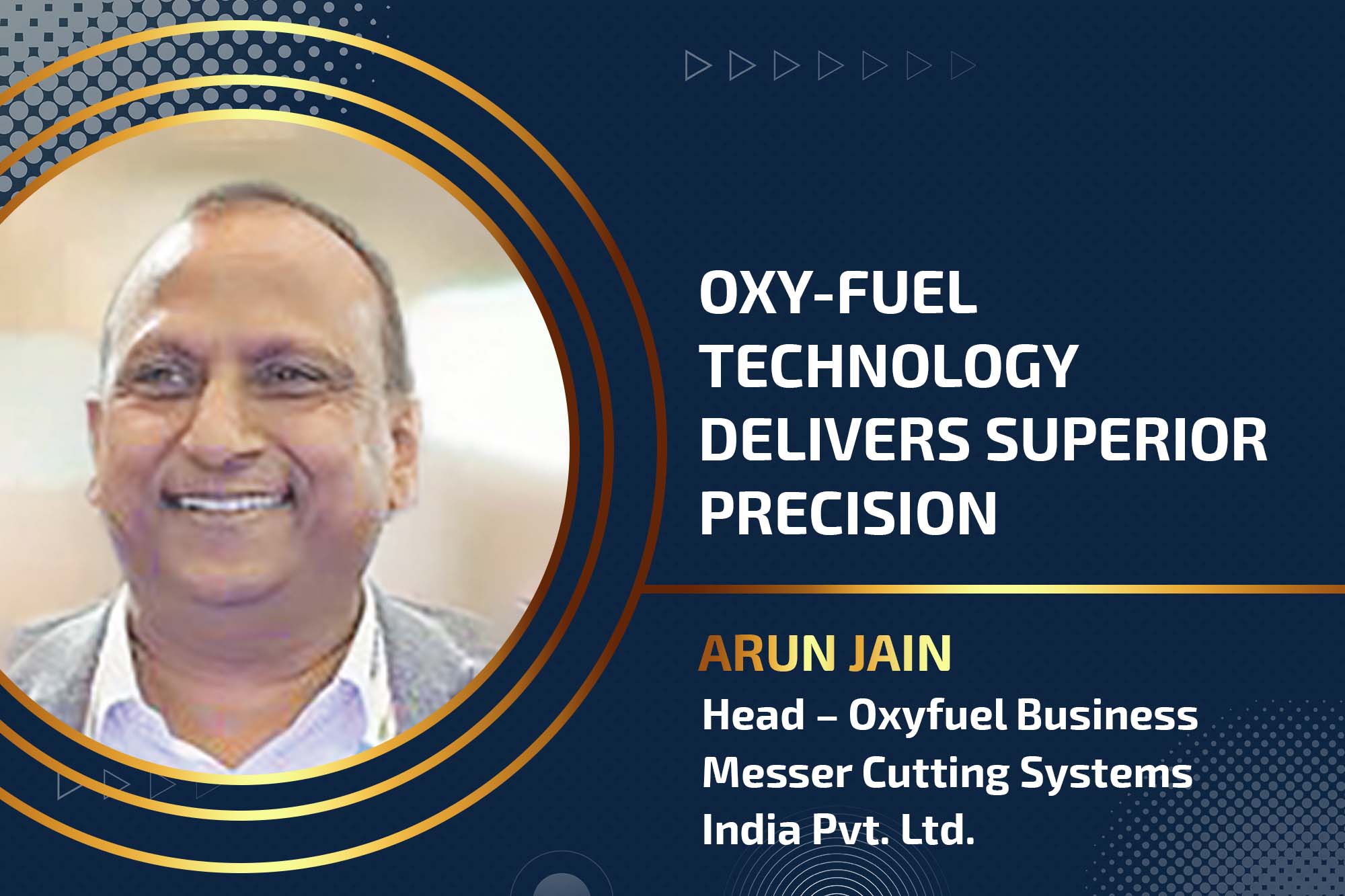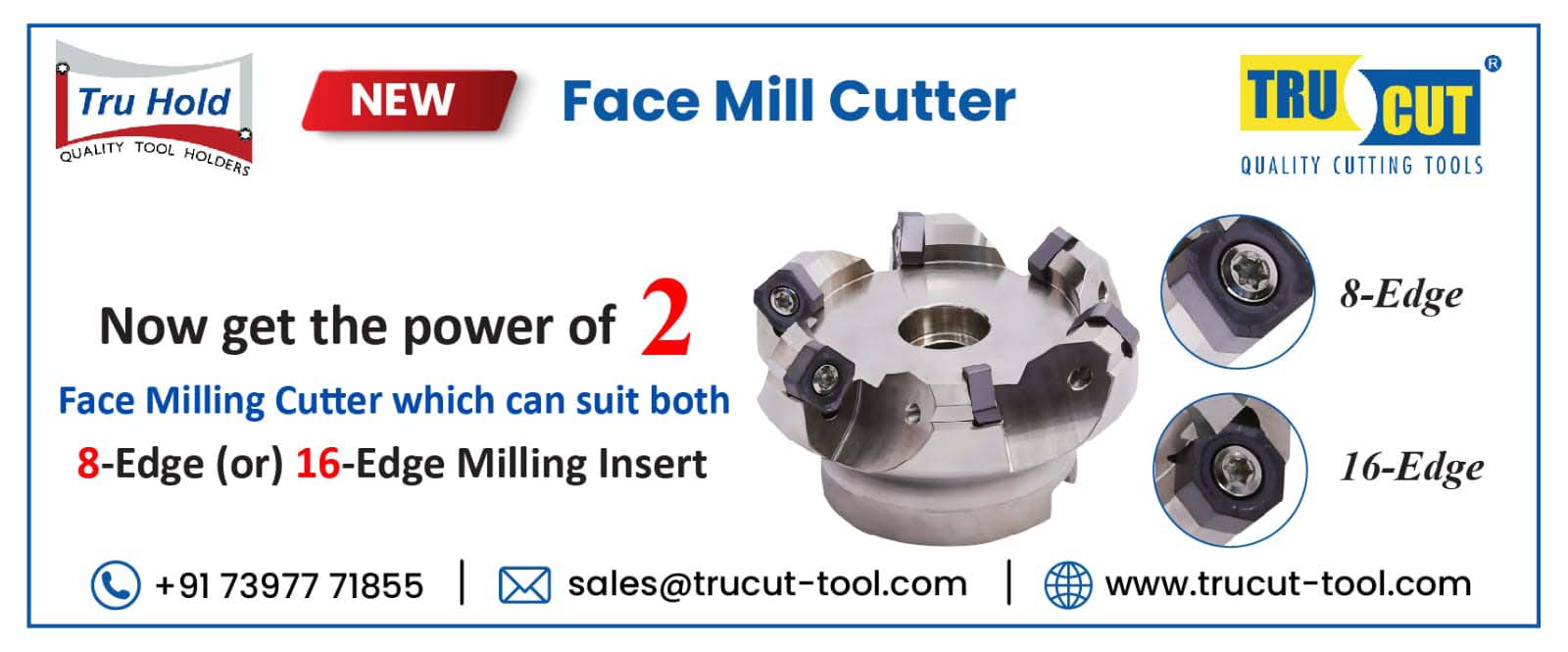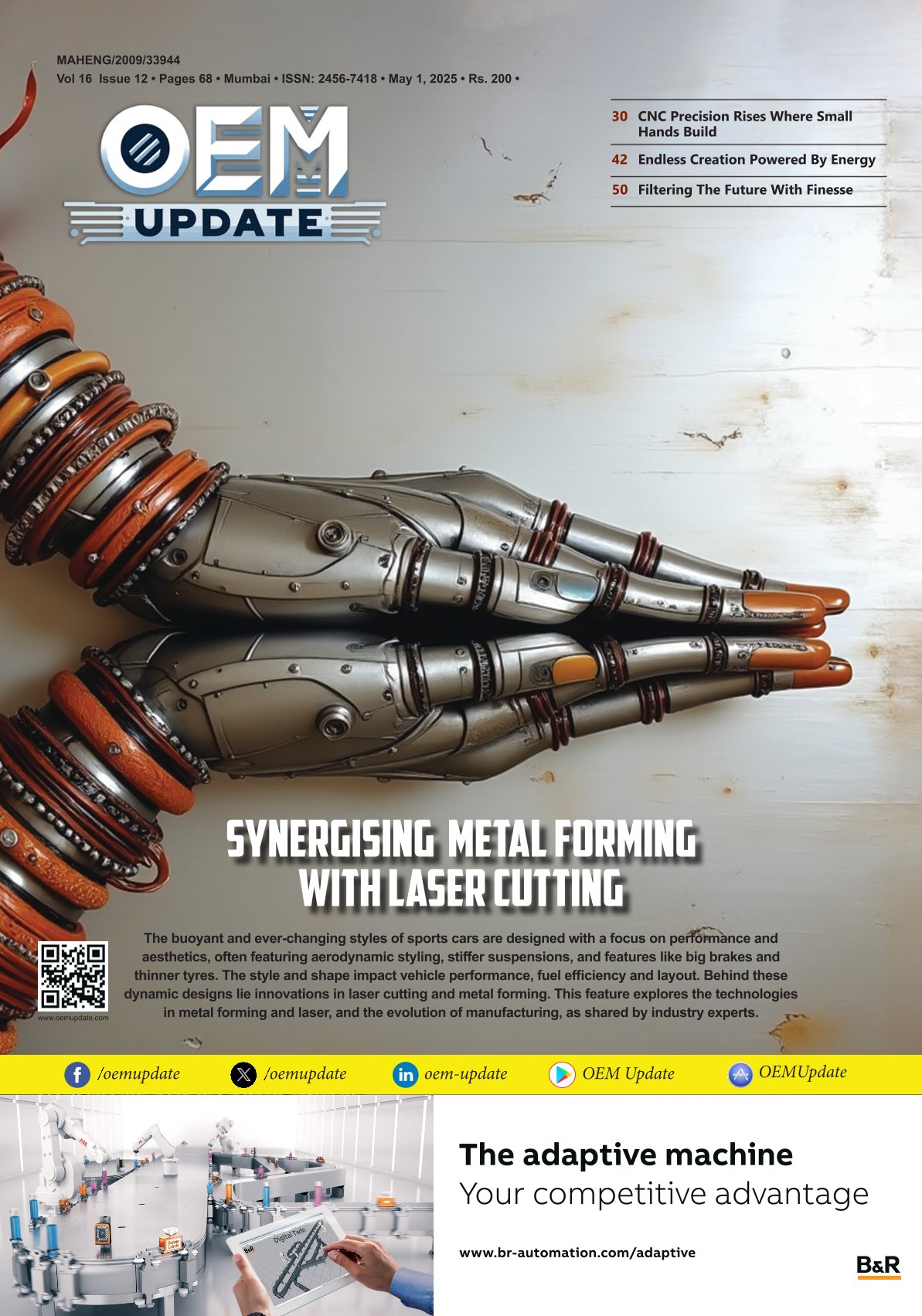Automation helping F&B industry scale new heights
By admin April 29, 2015 5:10 pm IST
Improvements in industrial automation coupled with a growing demand for packaged food presents a great opportunity for the automation industry. As packaged food fly off the shelves, automation will only have a more important role to play
Modern lifestyle and retail has contributed to the growth of the food and beverage (F&B) industry. The F&B industry is growing steadily. Though, when it comes to packaged food, the industry is dominated by few players. Packaged food such as bakery products, dairy products, canned beverages, aerated drinks and much more are in increasing demand. The F&B industry is also expanding with foreign brands that are coming to India as they see India as a growing market for their products.
The Global Industrial Automation Market research report on the F&B industry 2014-2018 forecasts the global industrial automation market in the F&B industry to grow at 9.37 per cent CAGR over the period 2013-2018.
Growth of F&B industryImprovements in automation have helped the F&B industry to evolve. As there is a demand for packaged food items of several sizes and drinks of several shapes and sizes, much effort goes into designing and packaging of the products. With an increasing focus on design, the storage boxes and containers of several products are being designed keeping in mind the competitive environment created by several foreign brands. Also retail strategies and retailing has added to the admiration and excitement, brands focusing even more on packaging and design. This represents a great opportunity for packaging automation.
A growing industry of F&B is set to spur the growth for automation. Indeed, both F&B and automation will complement each other as developments and innovations continue to happen in both.
Automation in F&B industry has been a topic of interest and still remains when it comes to brands like Coca- Cola, Pepsi and Lays. This is primarily to aid, mass production of food. Several Agro companies also use automation technology to process varieties of rice. Automation technologies are not only limited to large conglomerates but also used by SMEs and SSIs (Small Medium Enterprise and Small Scale Industries). A few years ago, there was reluctance from the food industry to adapt to technology but now that has somehow disappeared and the F&B industry is embracing technology. Today, automation is increasingly penetrating F&B processing space due their user-friendliness.
Automation is doing its wonders for F&B industry Large quantity production of F&B for a large market needs to be ensured. To meet a large supply in order to meet large demand, we require automation machines that allow meeting this demand. The F&B industry is classified into several segments – dairy products, cheese, chocolates, pasteurisation of dairy products, brewing, mixer and cooking. The purpose of automation is to create products that are made to keep up with trends in food industry. Automation helps in a great way to create new products and to create quality products. Research and development in science has helped people to improve quality of life while also helping to reduce costs. Automation technologies with cutting edge innovations are helping the food industry to drive growth. Without automation technologies in place, it is implausible that food production will be able to meet up to demands while keeping up with the quality of food. The food industry has embraced technology, allowing it to become more profitable. The convergence of food technology with automation helped to focus on issues like hygiene and food safety. Companies like Amul Coop, HUL, P&G, SM food, Lays, Nestle and several others are deploying the best automation technologies. Several popular food brands are using these technologies to provide the best products to keep up with the demand. This also allows food companies to increase the production while cutting costs. Automation is being primarily used for production of milk products, chips and bakery products like biscuits. Automation is also being used for sealing soft drink bottles and cans. Thanks to automation, these companies have been able to increase their production and meet the demands.
Cookie Consent
We use cookies to personalize your experience. By continuing to visit this website you agree to our Terms & Conditions, Privacy Policy and Cookie Policy.




